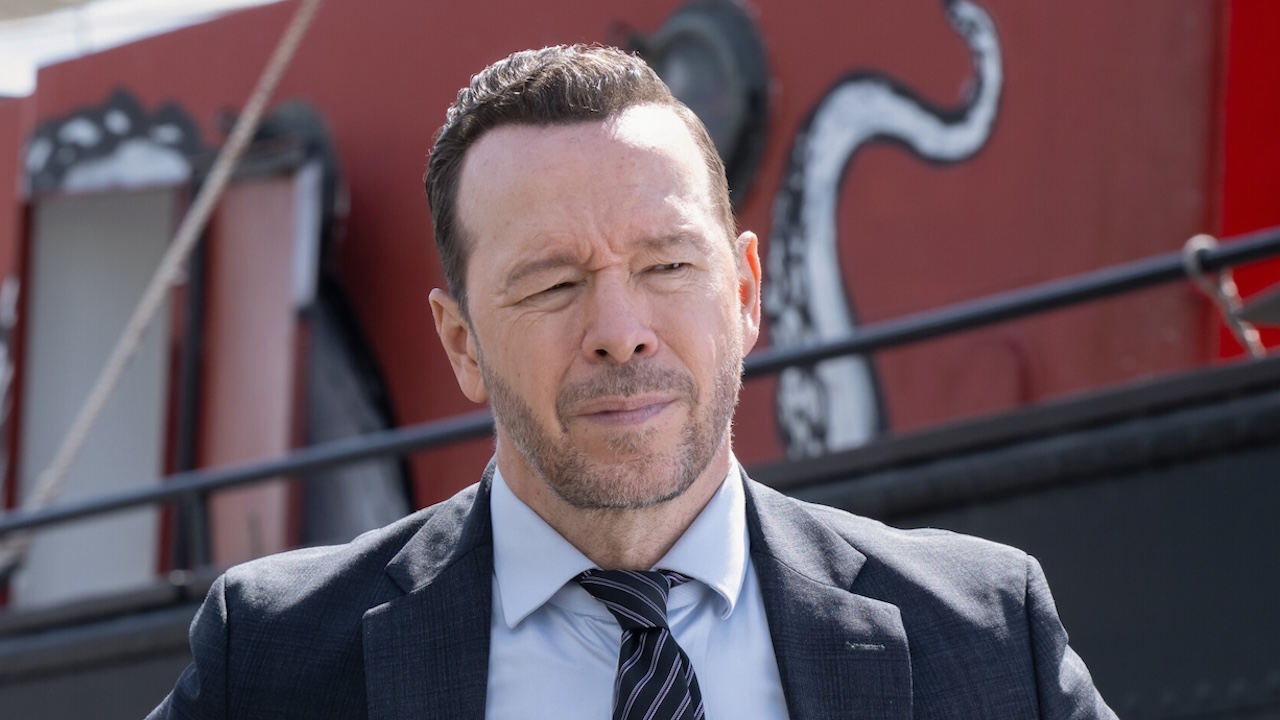All The Star Trek Movies, Ranked
This is my definitive list.
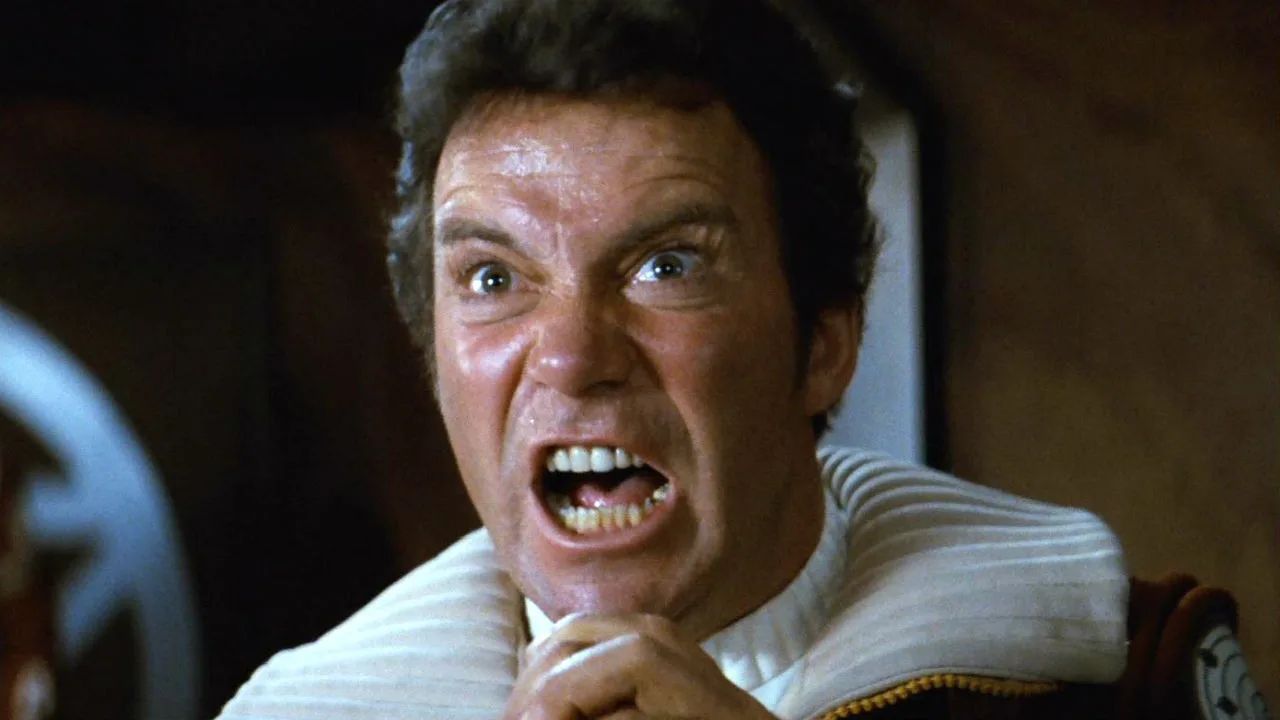
There are so many Star Trek movies to enjoy -- 13, to be exact, and soon we’ll have 14 when Michelle Yeoh’s Section 31 movie is available for those with a Paramount+ subscription -- but which among them are the best of the best? That’s what I’m tasked with deciding here today, and I can certainly say there are some I like more than others.
Opinion, by its nature, is subjective. I’m not sure I’ve seen any Star Trek fan with an identical top list of movies online, but I will say I enjoy most every Trek series I’ve watched. Therefore I wouldn’t expect this lineup to be too controversial, but I’ve been surprised before. Let’s dive in, and boldly go and make a definitive ruling on where each Star Trek series belongs.
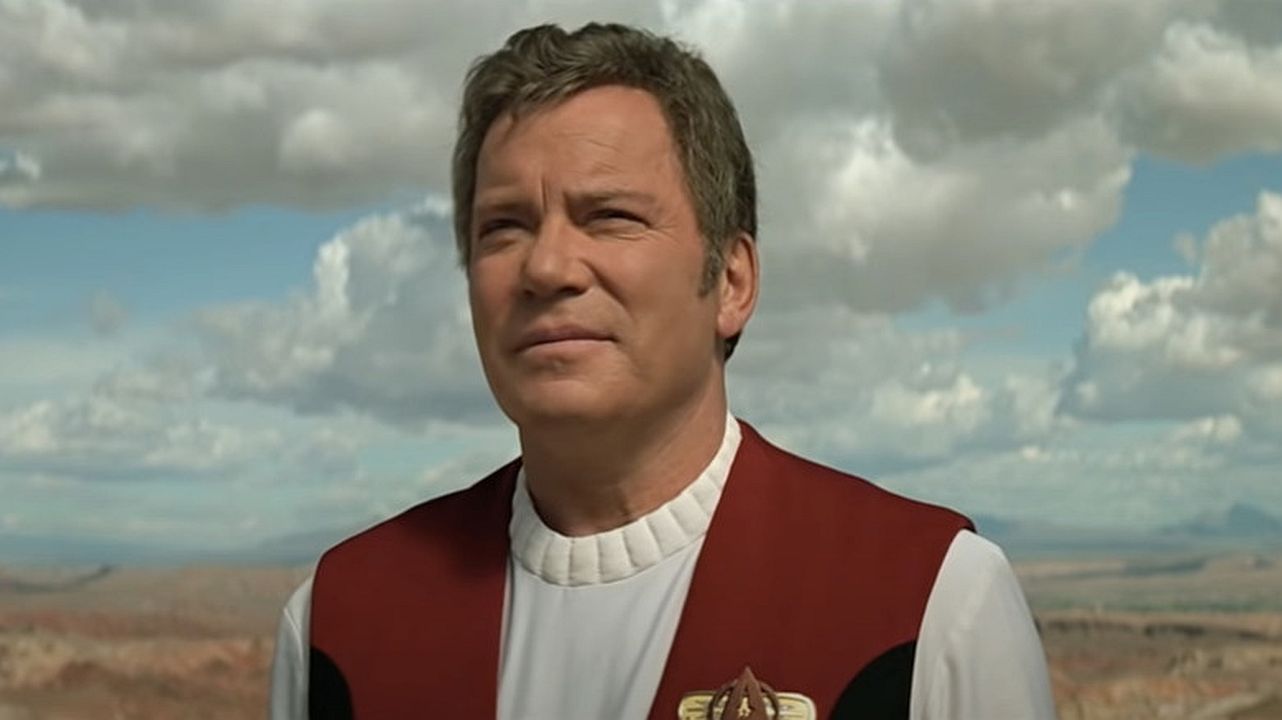
13. Star Trek: Generations (1994)
It’s a shame that Star Trek: Generations is near-universally panned as the worst of the Star Trek movies. Seeing Patrick Stewart’s Jean-Luc Picard and William Shatner’s James T. Kirk team up should unquestionably be the greatest thing that ever happened to the franchise. Unfortunately, the movie wasn’t quite all that, and what should’ve been a great introduction to The Next Generation crew making the transition from television to movies is a sloppy movie that delivered one of the most controversial moments in the sci-fi series’ history.
The movie killed off Captain Kirk by having him fall from a collapsing catwalk. I get that death comes for anyone in unexpected ways but in a scripted movie? They could’ve done better even if William Shatner had his reasons for how it was done. Still, the unique time travel elements and story has given this movie its fair share of fans over the years, so I’d say it’s still worth a watch. It wouldn’t be my first, second, or even 12th choice though, hence its rating on the list.
Watch Star Trek: Generations On Max
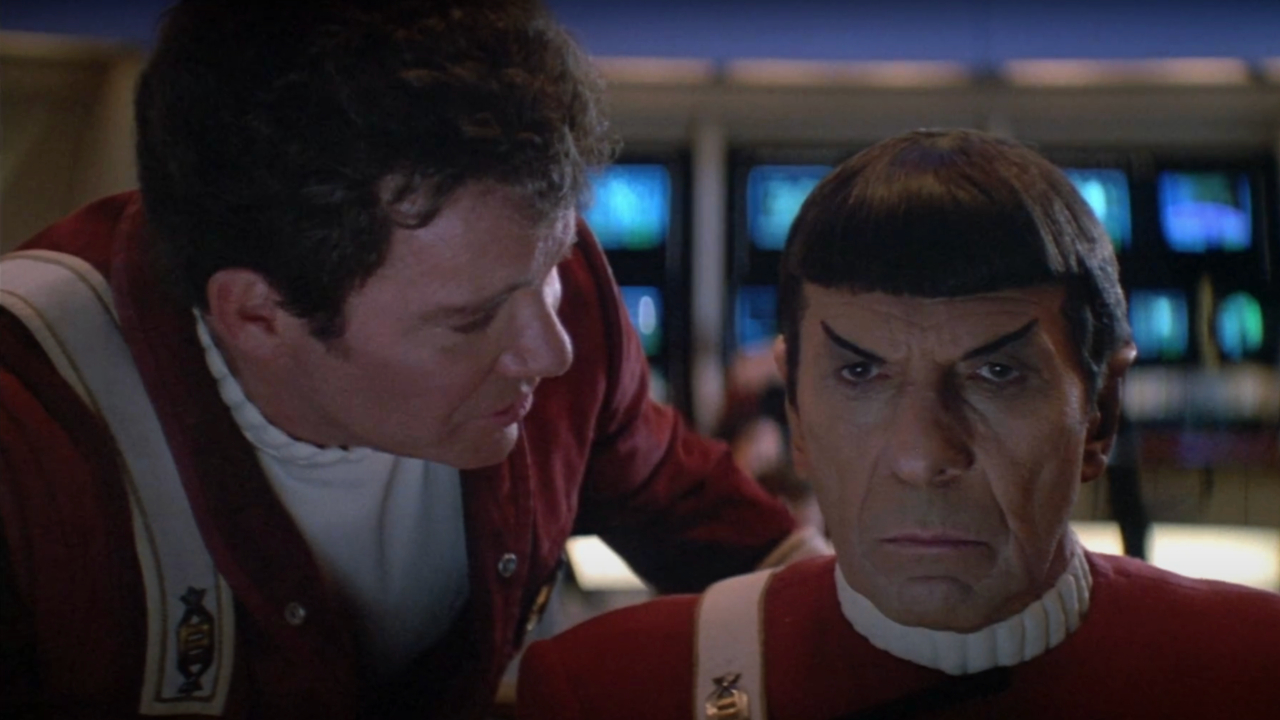
12. Star Trek V: The Final Frontier (1989)
William Shatner has undoubtedly played a big part in Star Trek’s early success. While his acting work as Captain Kirk will live on for decades, the same can’t be said for his directing. That may sound harsh to say, but when Shatner himself admitted directing Star Trek V: The Final Frontier was a mistake, it’s kind of hard not to agree with him.
I don’t think it’s unfair to say Star Trek V: The FInal Frontier is the worst of the TOS movies, especially after the streak of movies that came before it. With that said, had it not been for this movie, we wouldn’t have gotten the subplot in Strange New Worlds with Spock running into his half-brother Sybok’s lover Angel, who I do hope we’ll see at a later date.
Your Daily Blend of Entertainment News
Watch Star Trek V: The Final Frontier On Max
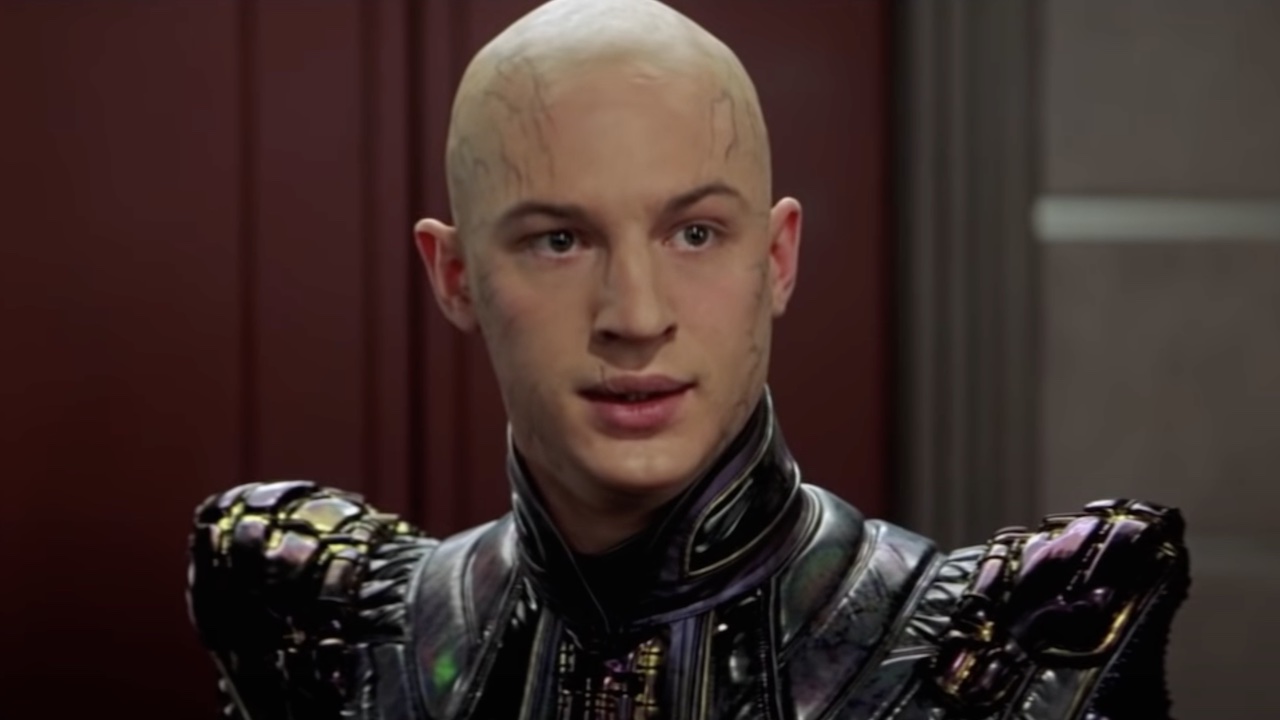
11. Star Trek: Nemesis (2002)
Star Trek: Nemesis was, in many ways, a failure. The movie did not perform at the box office like previous movies and ultimately encouraged Paramount to go in another direction with its franchise. Critics panned the movie, and even the cast of The Next Generation was not a fan of the final project. In fact, it was why actress Marina Sirtis was grateful for Star Trek: Picard Season 3 years later, as she felt the cast was robbed of a proper send-off.
The Next Generation crew dealing with a clone of Picard in control of the Reman people, played by a young Tom Hardy, sounds awesome. In execution, the whole thing fell flat. Even the memorable parts have aged poorly. Data, for example, was resurrected in Picard, killed, and then resurrected again. In fairness, Star Trek fans were glad to see him back in the mix again, but if they’re thrilled about a retcon to something established in Star Trek: Nemesis, it may speak to their overall enjoyment of the movie as a whole.
Watch Star Trek: Nemesis On Max
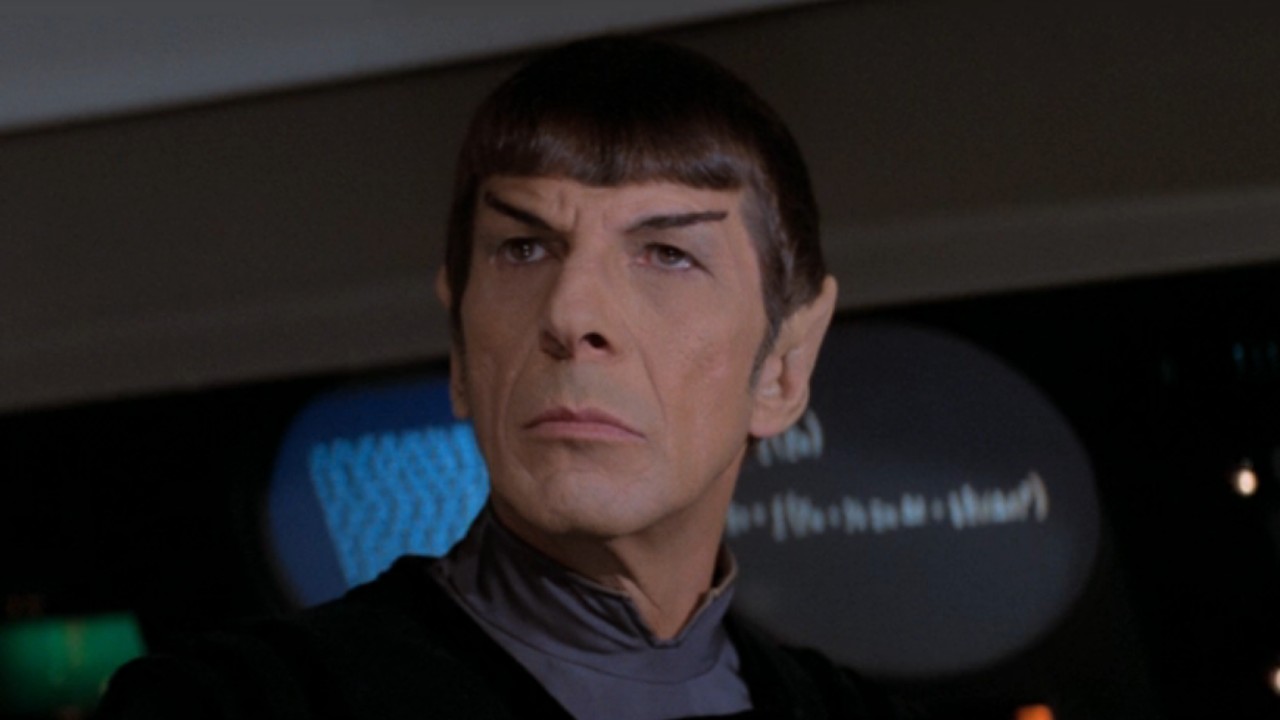
10. Star Trek: The Motion Picture (1979)
A lot of the older generation would rank Star Trek: The Motion Picture a lot higher than I have, and I think it's a matter of experience. Those who lived through the cancellation of the original series, only to see it return to the big screen after success in syndication? It was a huge coup for a new fandom, and the beginning of great things to come.
I’m of the mind that Star Trek: The Motion Picture has gotten a bad rap as it aged, and suffered from being the first movie in the franchise ever made. There’s no way for younger generations to understand just how awesome it was to see the Enterprise from front to back. I still can appreciate it, but even the brutality of the transporter accident can’t stop me from glancing at the time on my phone while watching.
Watch Star Trek: The Motion Picture On Max
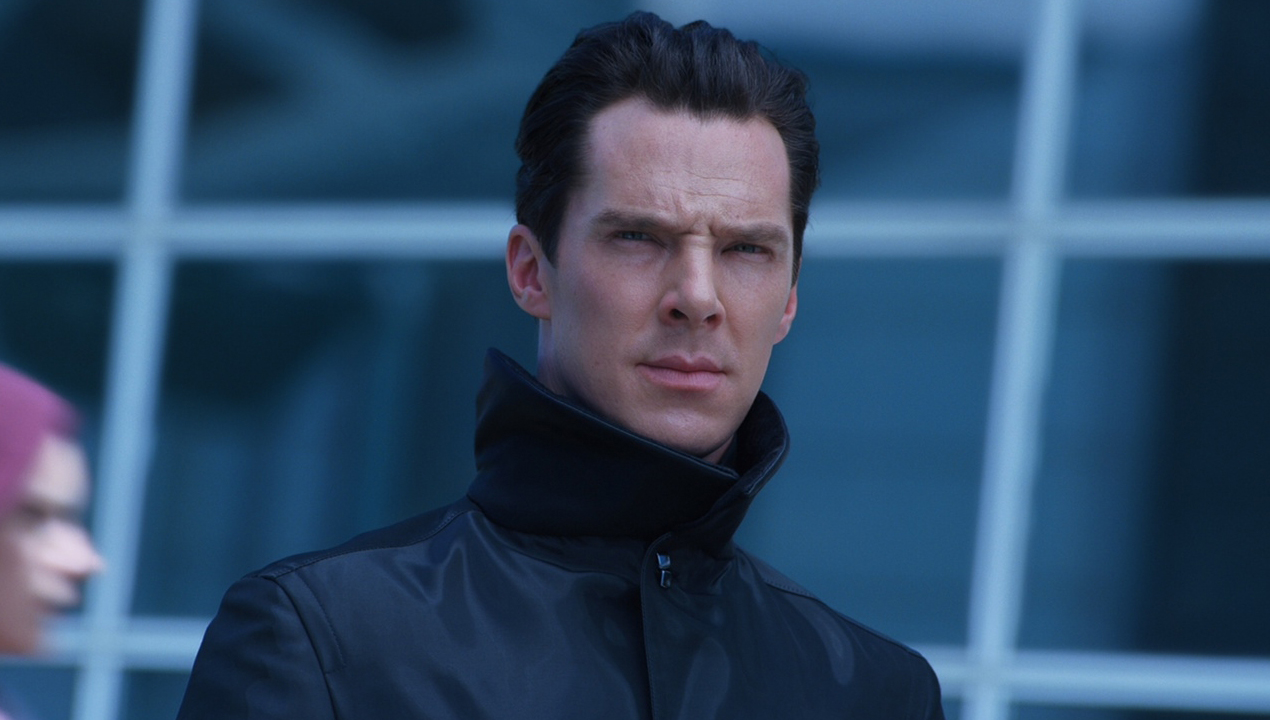
9. Star Trek Into Darkness (2013)
If there was a list of sins a Star Trek movie could commit to gain the ire of the fandom, Star Trek Into Darkness created perhaps the biggest. Trying to recreate a storyline involving Khan, the most notable villain of TOS, was going to set a high bar.
Of course, these are the feelings of someone who is a true blue Star Trek fan. The mass audience reception to Star Trek Into Darkness was pretty good, and people were all about Benedict Cumberbatch as a villain. Even so, it wasn’t worthy of comparison to Star Trek II: The Wrath Of Khan, which is hard to ignore.
Watch Star Trek Into Darkness On Paramount+
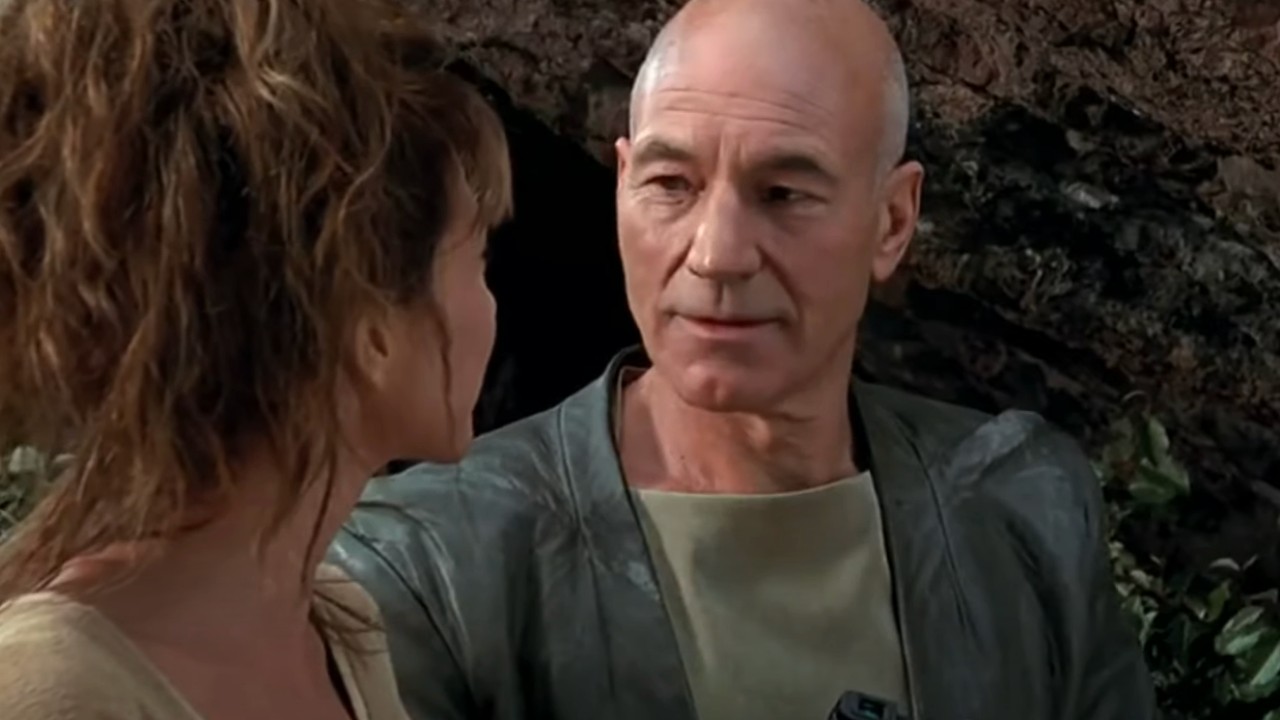
8. Star Trek: Insurrection (1998)
Star Trek: Insurrection had the impossible task of following up First Contact, which proved to be a huge challenge. Additionally, Paramount was interested in switching up the tone to something lighter than the previous movie, so the challenge to deliver to producers and audiences was high.
Insurrection feels like a long episode of Star Trek: The Next Generation. That's not a terrible thing, but when it comes to movies, the bar should be a bit higher than what audiences can already view on television. Frankly, Insurrection doesn't prove to be more entertaining than the best of TNG.
Watch Star Trek: Insurrection On Max
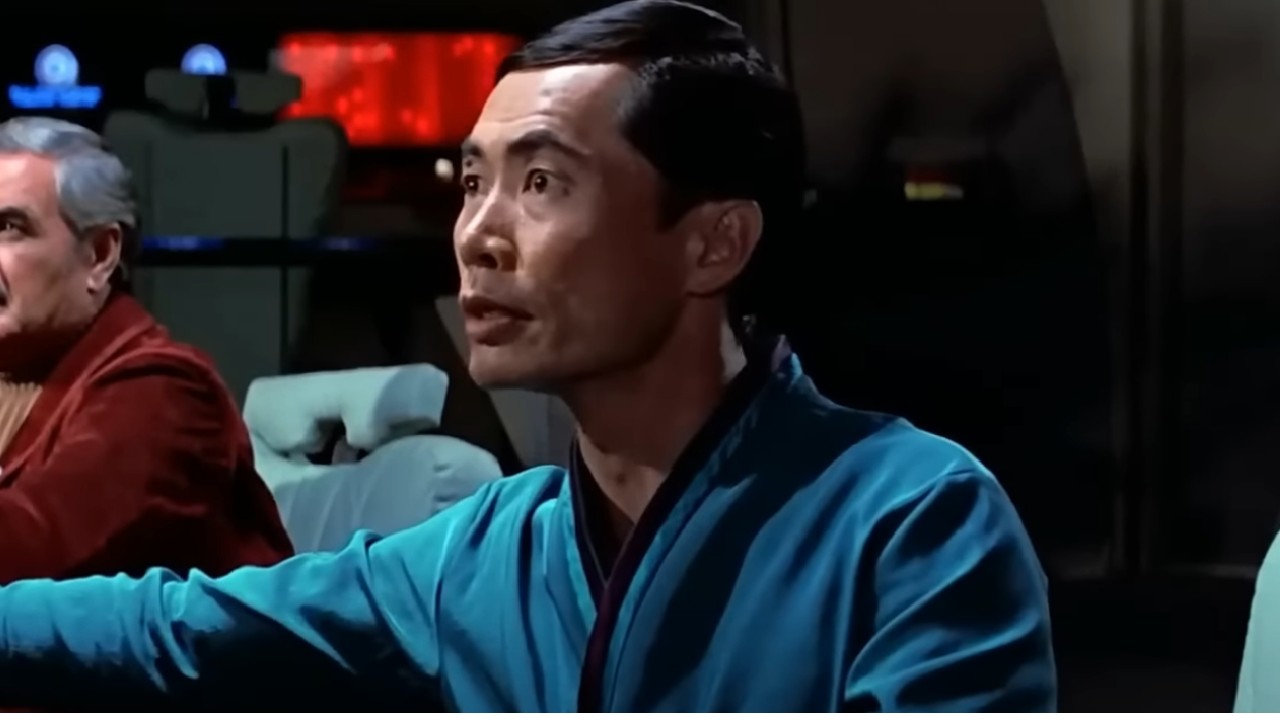
7. Star Trek III: The Search For Spock (1984)
Similar to Star Trek: Insurrection, The Search For Spock had the insurmountable challenge of following up the greatest movie to date. Perhaps even worse, the third TOS movie had to reverse the heart-wrenching death of Spock in a way that didn't upset audiences.
I think it's fair to say the latter goal was a success, but is rescuing Spock's spirit from Bones' mind as thrilling as a face-off with Khan? It is not, but it's still a decent movie, and one worthy of its middling status in this ranking.
Watch Star Trek III: The Search For Spock On Max
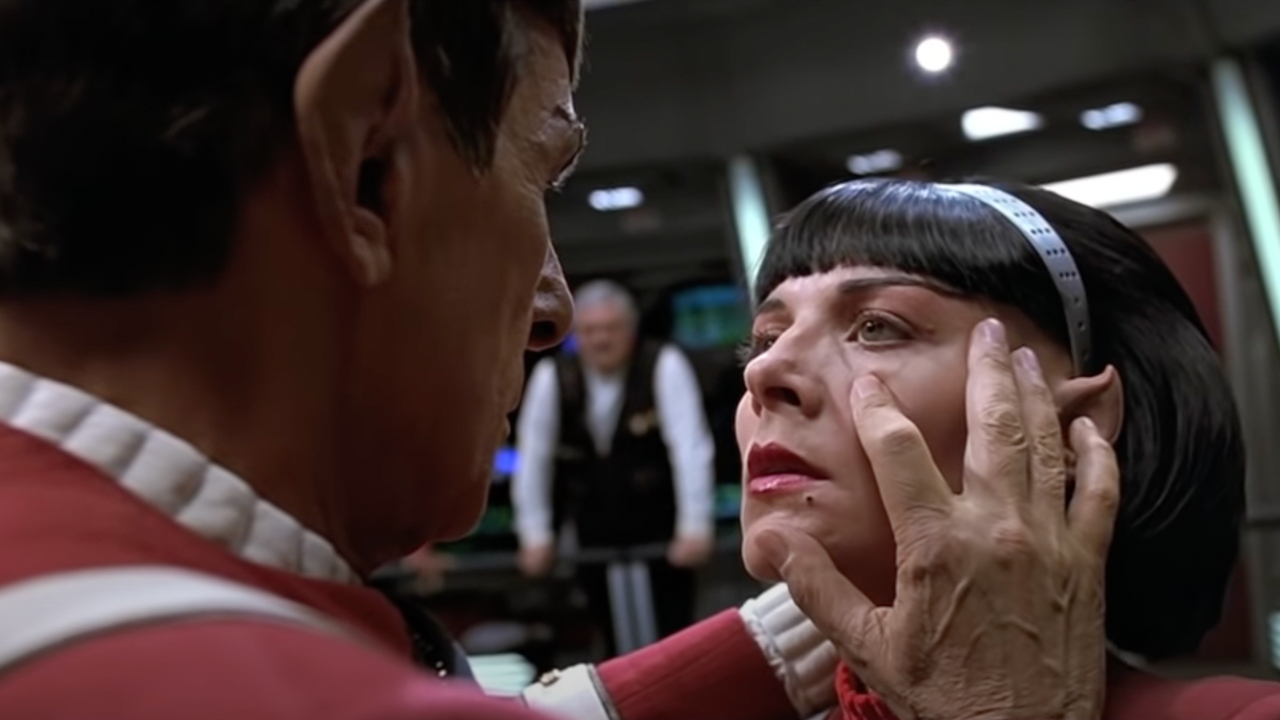
6. Star Trek VI: The Undiscovered Country (1991)
In hindsight, maybe Nicholas Meyer should've helmed all the Star Trek TOS movies. One can't help but wonder what these movies might've looked like had he kept runnings things post Wrath Of Khan.
The Undiscovered Country, I think is a look at what could have been, and it's pretty damn promising. Of course, having big stars like Kim Cattrall and Christopher Plummer only bolster the enjoyment of a movie that feels like a return to form for the classic Enterprise crew, right before sending them off into the sunset.
Watch Star Trek VI: The Undiscovered Country On Max
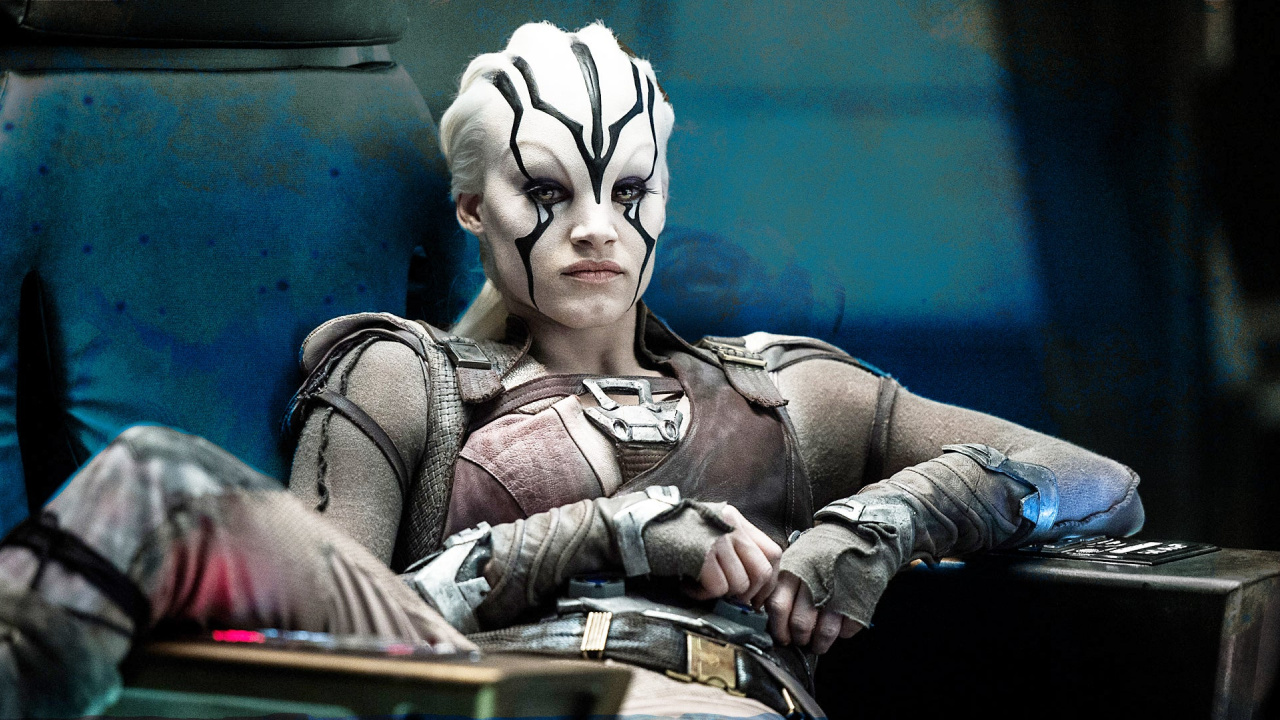
5. Star Trek Beyond (2016)
Star Trek Beyond is the newest film in the franchise, as Hollywood struggles to try and make a fourth installment in the Kelvin timeline. Fortunately, if there's never another one, the third movie is a delightful send-off to the Kelvin crew and all they accomplished, after Star Trek Into Darkness left a sour taste in my mouth, Beyond is the perfect palette cleanser.
If there is any part of Star Trek Beyond that isn’t enjoyable, it’s that the entire crew doesn’t spend a ton of time together. Instead, they’re sectioned off with their own respective storylines, which worked well for the actors and their increased fame. Unfortunately, it feels like if they had found time to do more scenes with the entire ensemble, this might’ve been the best movie of the Kelvin timeline.
Watch Star Trek Beyond On Paramount+
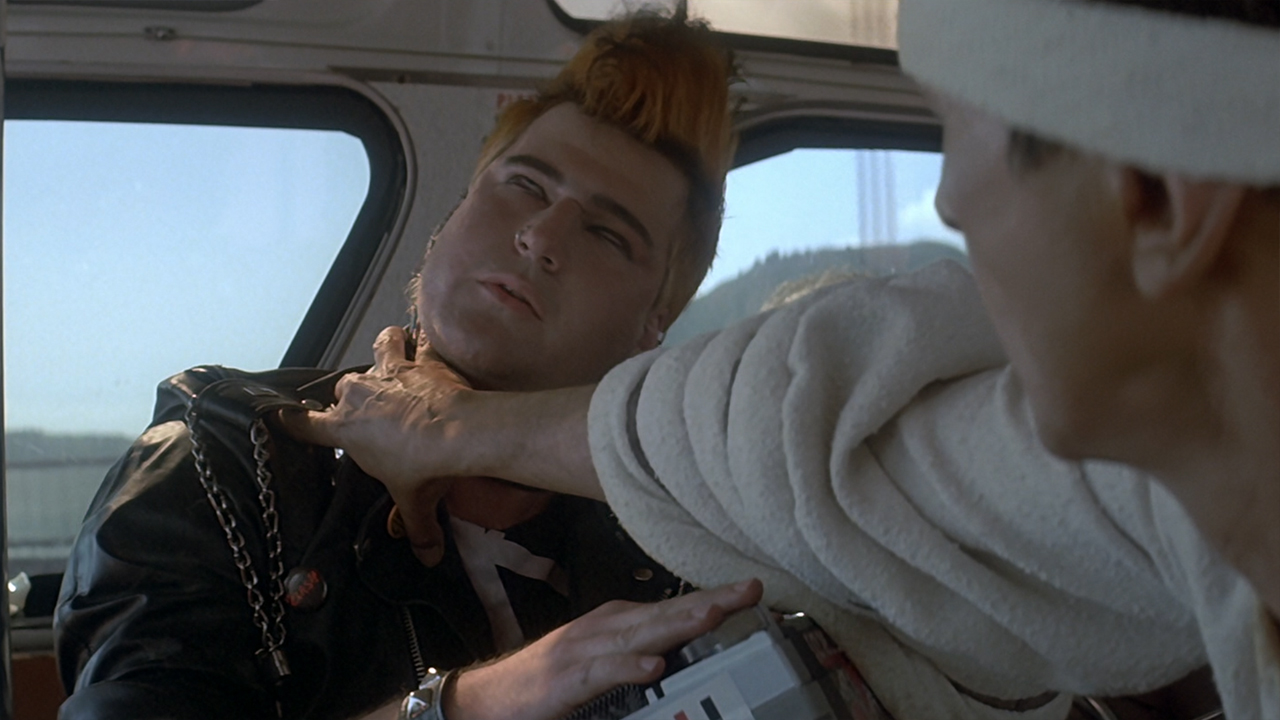
4. Star Trek IV: The Voyage Home (1986)
The whale one? Yes, the whale one. It's always fun when a Star Trek project travels back to our present timeline, if only to remind us how strange our world would be to them, and how strange they'd be to us.
Star Trek IV: The Voyage Home is funny, wholesome, and a good time all at once. It's not the best TOS film, but it's pretty high up there in comparison to everything else that was released.
Watch Star Trek IV: The Voyage Home On Max
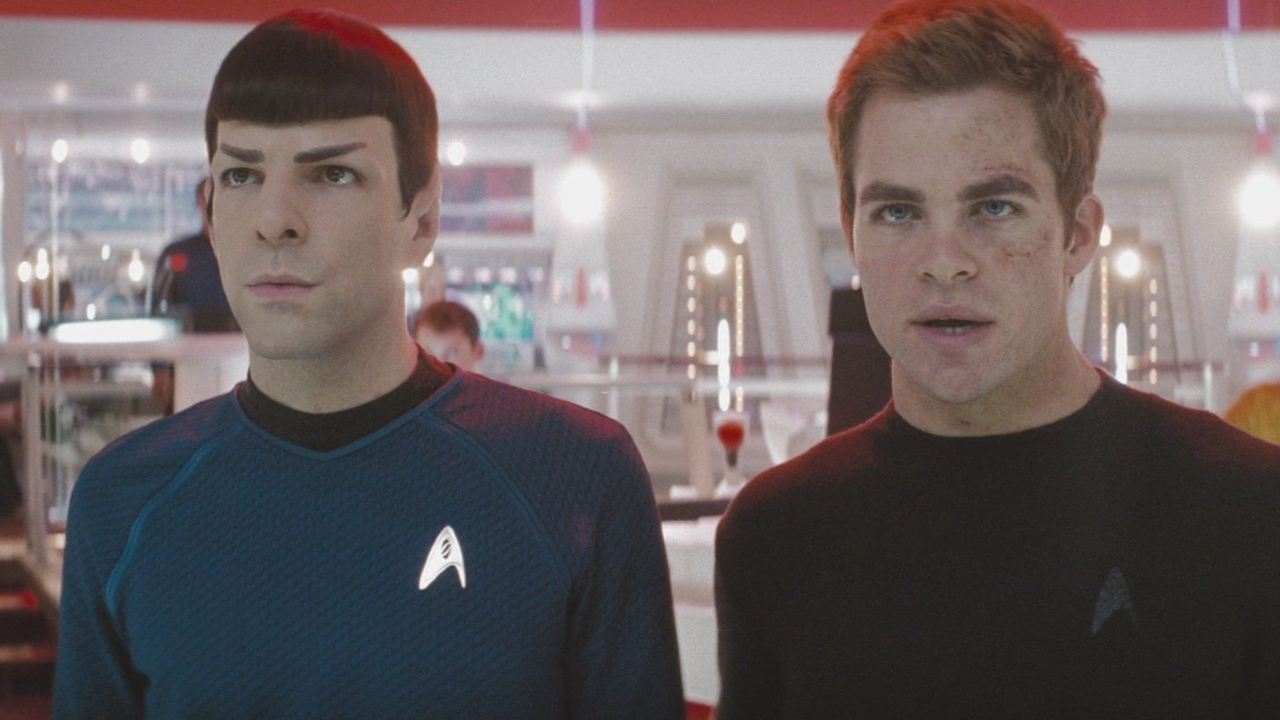
3. Star Trek (2009)
J.J. Abrams’ 2009 re-imagining of Star Trek isn’t just a great movie, it could be the most significant film in the history of the franchise. The Next Generation crew’s set of movies didn’t perform quite as well as the TOS movies, and Enterprise was the last Trek series in five years leading up to this film. Had this re-imagining of Star Trek in another timeline flopped, the franchise might’ve died.
Fortunately, that didn’t happen, and the more action-driven narratives of the movie bled into the new generation of Star Trek shows. While there are critics of the modern style of storytelling and increased action, the fact that there are plenty of upcoming Trek shows in the pipeline and people still clamoring for a fourth installment of the Kelvin movies.
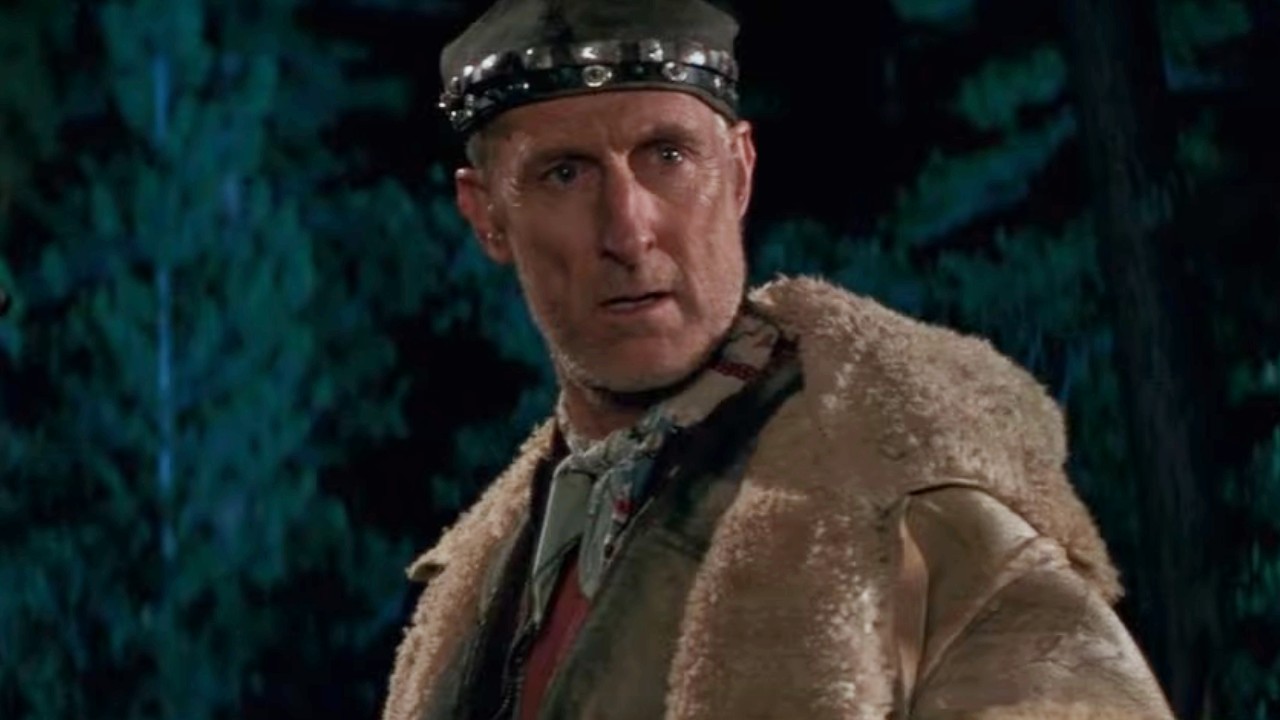
2. Star Trek: First Contact (1996)
Star Trek: The Next Generation didn’t have as much success critically or financially as the TOS movies, but it still managed to make one of the best movies the franchise has ever delivered. First Contact is required viewing for any Star Trek fan, especially those who wish to see the origin of how the story of mankind’s massive leap into space exploration came to be.
The success of the movie solidified Jonathan Frakes status as a reputed director, and he’s gone on to play a big part in directing episodes of Star Trek’s new era. This is a movie that I would say is so good, it appeals to even the non-Star Trek fans despite being heavily entrenched in the lore of The Next Generation. For that reason, it’s ranked among the very best.
Watch Star Trek: First Contact On Max
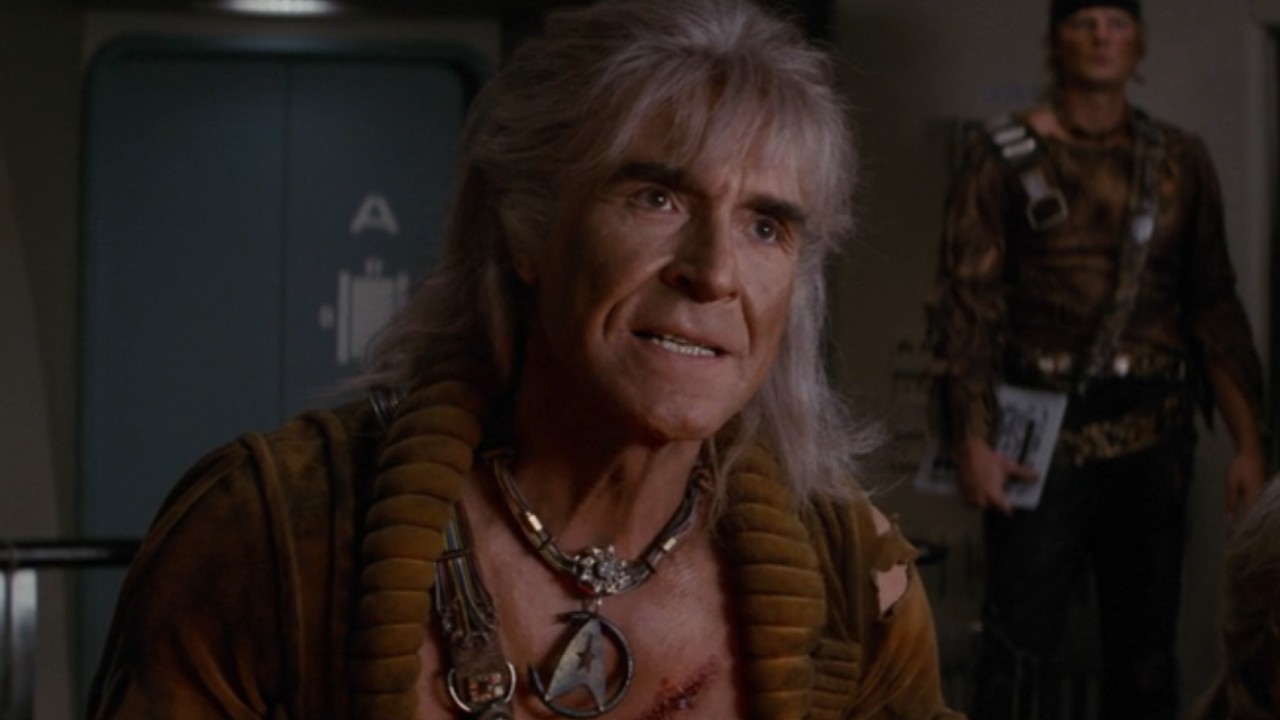
1. Star Trek II: The Wrath of Khan (1982)
I spent far too many years having not seen Star Trek II: The Wrath Of Khan, but after seeing it for the first time, I can see the hype. I don’t think there’s any real dispute this is the best film in the franchise, as much as I love First Contact. Seeing James T. Kirk in the Captain’s chair in a battle of wits against a former villain from the series is not only captivating, it’s “fascinating,” as Spock would say.
Speaking of Spock, it's his noble sacrifice that lays out the entire theme of the needs of the many outweighing the needs of the few. A dark ending, to be sure, though of course, we all know Spock didn't stay dead! This, plus the fantastic showdown between Kirk and Khan make this the definitive best Star Trek movie, hands down.
Watch Star Trek II: The Wrath Of Khan On Max
Currently, the Star Trek movies are available to stream either over on Max or Paramount+. It’s really convenient for anyone who wants to make their own ranking list of the movies, though I’d like to think no one can do it better than I just did.

Mick Joest is a Content Producer for CinemaBlend with his hand in an eclectic mix of television goodness. Star Trek is his main jam, but he also regularly reports on happenings in the world of Star Trek, WWE, Doctor Who, 90 Day Fiancé, Quantum Leap, and Big Brother. He graduated from the University of Southern Indiana with a degree in Journalism and a minor in Radio and Television. He's great at hosting panels and appearing on podcasts if given the chance as well.
